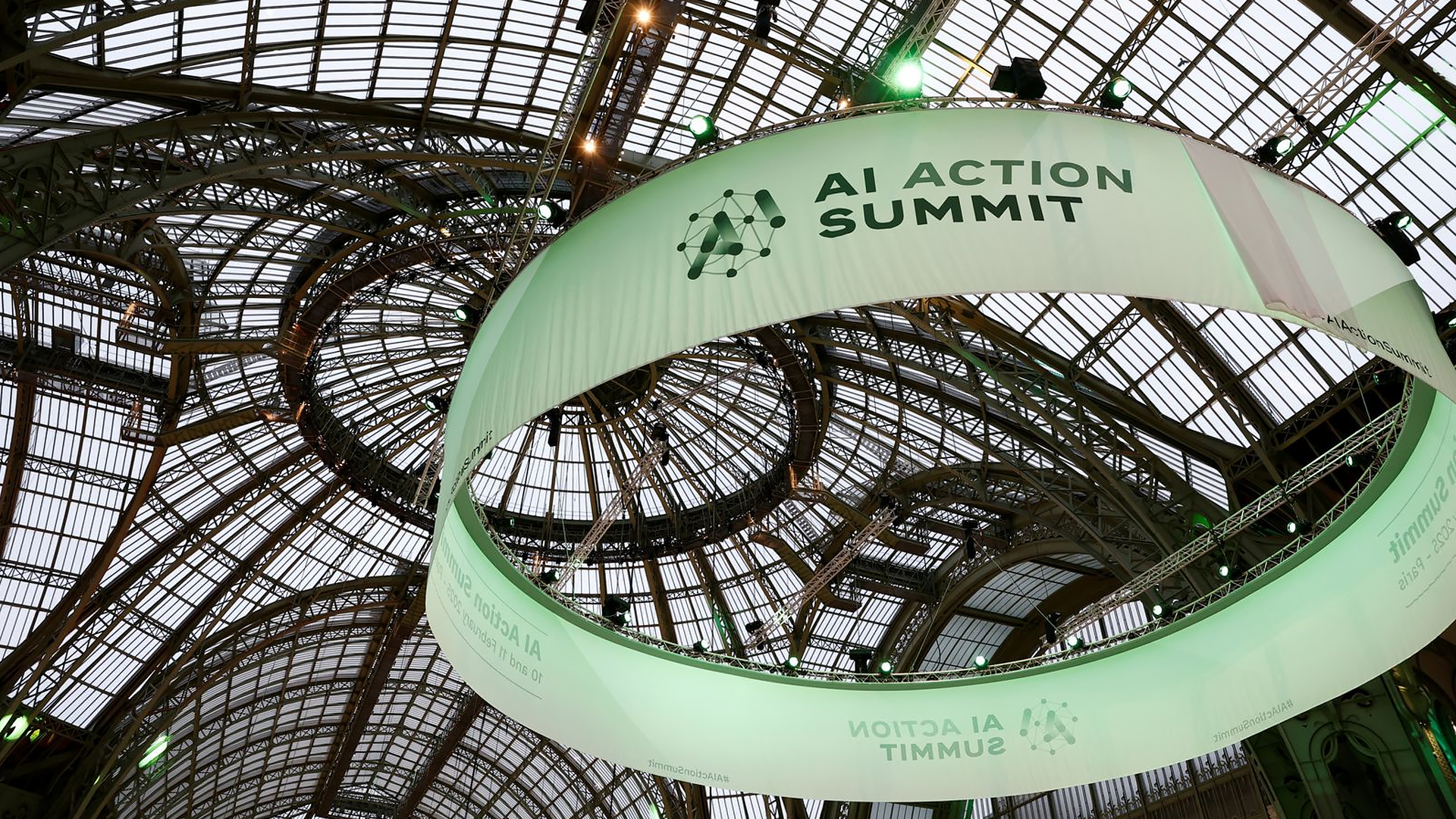Both the UK and US have refused to sign an international agreement on AI at a global summit in Paris. The documents called for ‘open,’ ‘inclusive’ and ‘ethical’ practices within this new, emerging industry.
The UK and US have not signed an international agreement on AI at a global summit in Paris.
Having been signed by dozens of countries including France, China and India, the statement called for ‘open,’ ‘inclusive’ and ‘ethical’ approaches to AI’s development. This comes just as China’s ChatGPT competitor DeepSeek sent shockwaves through Silicon Valley a few weeks ago.
The UK government said it was not able to add its name due to concerns over national security and ‘global governance.’
US Vice President JD Vance also told delegates in Paris that an overreliance on regulation could ‘kill a transformative industry just as it’s taking off.’ French President Emmanuel Macron defended the need for further regulation, however.
‘We need these rules for AI to move forward,’ Macron said during the summit.
The agreement was signed by 60 countries and aims to reduce product conflicts by promoting AI accessibility. It places priority on AI development being ‘safe’ and ‘trustworthy.’ Many regard this as a necessary step for the technology, which has been developing at a rapid rate across many creative industries over the past five years.
In addition, the statement acknowledges the hefty energy use required for AI. This is the first time it has ever been mentioned at a summit. Just last year, experts warned that the industry could eventually use as much energy as the Netherlands at a similar rate.
While the UK government ‘agreed with much of the declaration,’ it argued that it was lacking in details.
‘We felt the declaration didn’t provide enough practical clarity on global governance, nor sufficiently address harder questions around national security and the challenges AI poses to it,’ a government spokesperson said. Downing Street is also eager to stress that it was not influenced by Trump’s Administration in its decision.




















